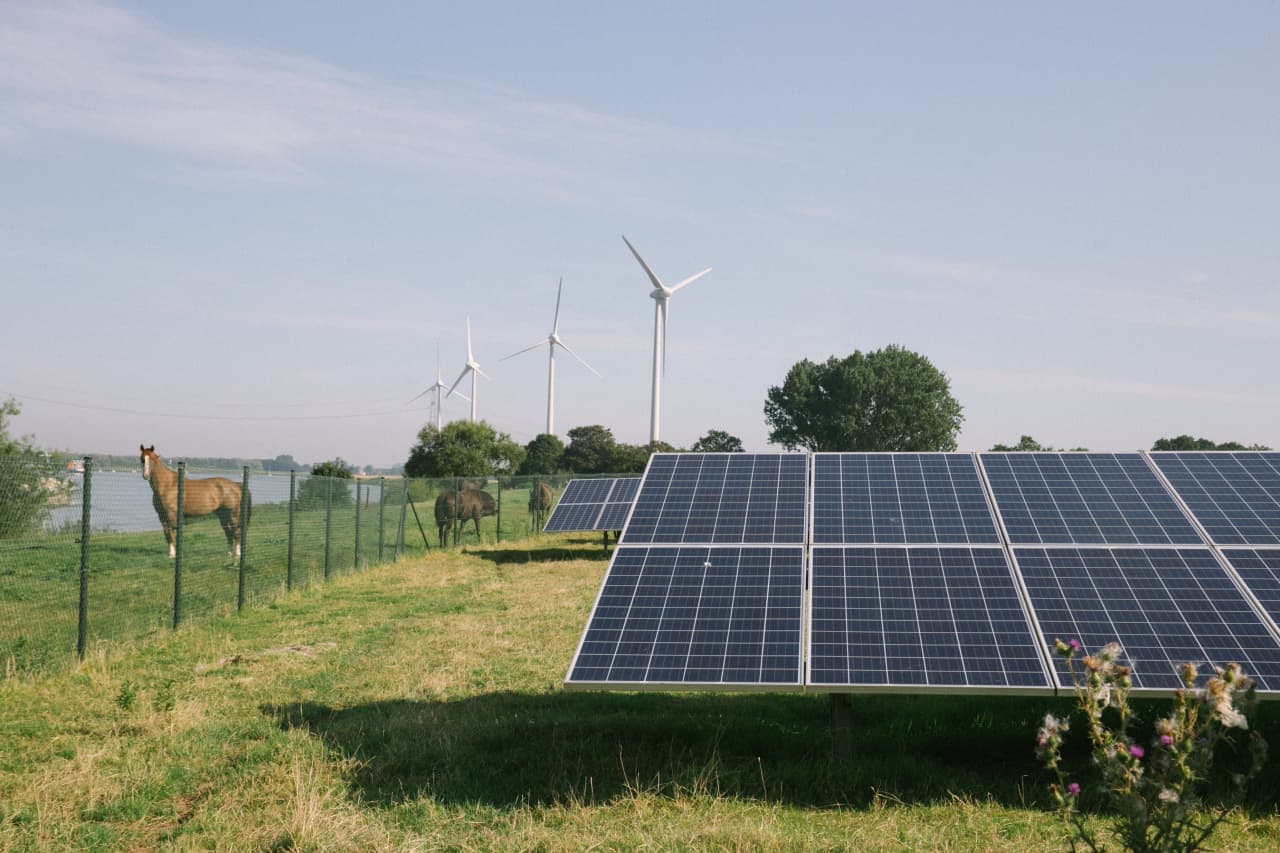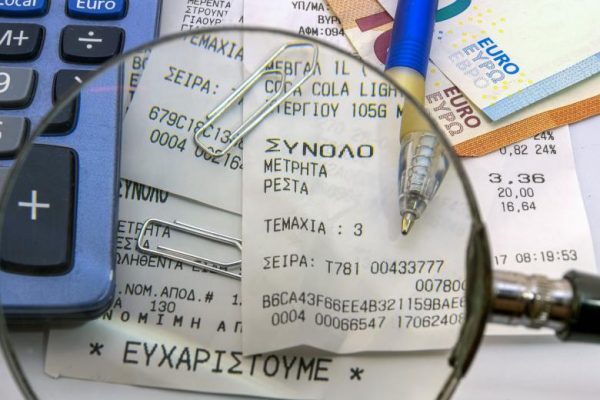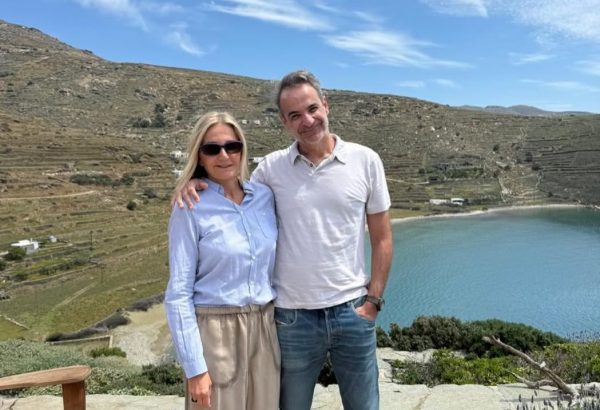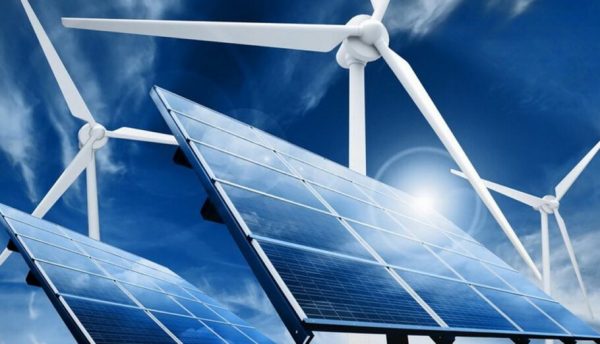
Greece is working hard to green its energy mix, with renewable energy generation already covering over half of the country’s electricity production on many days. But success has brought new challenges — especially when clean energy supply exceeds demand. Over the March 25 holiday weekend, Greece narrowly avoided blackouts, offering a glimpse into the complex balancing act behind the country’s energy transition.
Greece’s electricity system is managed by two main operators called IPTO (ADMIE), responsible for the high-voltage transmission network, and HEDNO (DEDDIE), which handles distribution to homes and businesses.
Both are navigating an increasingly tricky task: ensuring grid stability while integrating rapidly expanding solar and wind capacity, often in real-time and with limited storage.
Over the Greek Independence Day holiday weekend, cloudy skies and African dust acted as an unexpected safeguard. They dimmed solar output at exactly the right time — when energy demand was low — preventing the oversupply that can destabilize the system.
Why Oversupply Is a Problem
But based on Greece’s weather patterns in the spring, this temporary relief won’t last. With Easter approaching, grid managers are preparing for a more serious test. If the weather is clear, solar and wind output could overwhelm the system during a period of traditionally low demand.
On March 26, Vice President of the national energy regulator RAAEY — met with IPTO and HEDNO to prepare for the Easter holiday, when grid stress may peak. The challenge at hand is how to handle the possible overproduction of up to 5.3 GW of renewable electricity.
In spring and autumn, Greece’s abundant sunlight and wind coincide with mild temperatures — meaning energy demand drops just as renewable generation spikes. Without grid-scale batteries or demand-side flexibility, this creates instability.
The solution? Curtailing (cutting back) renewable output. But curtailment isn’t simple — or popular. Many solar plants lack remote shutdown capabilities. About 3.5 GW of solar projects connected to HEDNO’s network must be shut down manually by owners when asked. To ensure compliance, Greece has previously announced that it plans to impose fines: €500 per MWh, rising to €1,500 for repeated failures.
Last Easter, Greece averted disaster by exporting electricity to neighboring countries. But this year, Catholic and Orthodox Easter coincide, meaning nearby markets may also have energy gluts and less appetite for imports. That limits Greece’s ability to offload excess power.
There are also gaps in the legal framework. A proposed regulation to redistribute subsidies more fairly among renewable producers affected by curtailments is still under public consultation. And a legal provision protecting system operators from lawsuits over emergency shutdowns was drafted but never advanced to Parliament.
Greece’s efforts reflect a broader challenge seen across Europe: how to build a renewable-powered grid that is not only clean but also resilient and flexible. As more solar and wind come online, especially without adequate storage or smart grid tools, countries like Greece are facing difficult trade-offs between clean energy expansion and system stability.
Source: Tovima.com
Latest News

When Blue Skies was Unmasked as ND’s Political ‘Slush Fund’
The fact that so many top New Democracy (ND) party cadres were paid by the firm Blue Skies, owned by Thomas Varvitsiotis and Yiannis Olympios, without ever citing this publicly, raises very serious moral issues, regardless of the legality

Greek Women’s Water Polo Team Top in the World after 13-9 Win Over Hungary
The Greek team had previously defeated another tournament favorite, the Netherlands, to reach the final.

S&P Raises Greek Rating; BBB with Stable Outlook
S&P’s decision raises the Greek economy to the second notch of investment grade ladder, at BBB with a stable outlook.

Greek Tourism Optimistic About Demand from American Market
A recent survey by MMGY Global, conducted from April 3–5 with a sample of 1,000 U.S. adults, found that 83% of Americans still intend to take leisure trips over the next 12 months, a slight drop from 87% in late February

New Exposé by Domumento Reveals Nefarious Triangular Link of ‘Black Money’ with New Democracy, Blue Skies, & Truth Team
The latest exposé by the Documentonews.gr news site lays bare what appears to be a surreptitious path of indirect financing of ND through the business sector—transactions that, as widely understood, rarely occur without expectations of reciprocal benefit

PM Meloni Meets Vice President Vance in Rome Signalling Optimism on Ukraine Talks
Meloni emphasized the strength and strategic value of the Italy-U.S. partnership.

Airbnb: Greece’s Short-Term Rentals Dip in March Amid Easter Shift
Data from analytics firm AirDNA shows that average occupancy for short-term rentals dropped to 45% in March, down from 49% the same month last year.

Easter Week in Greece: Holy Friday in Orthodoxy Today
At the Vespers service on Friday evening the image of Christ is removed from the Cross and wrapped in a white cloth

Meloni and Trump Meet in Washington, Vow to Strengthen Western Ties
“I am 100% sure there will be no problems reaching a deal on tariffs with the EU—none whatsoever,” Trump stressed.

ECB Cuts Interest Rates by 25 Basis Points in Expected Move
The ECB’s Governing Council opted to lower the deposit facility rate—the benchmark for signaling monetary policy direction—citing an updated assessment of inflation prospects, the dynamics of underlying inflation, and the strength of monetary policy transmission.









![Πλημμύρες: Σημειώθηκαν σε επίπεδα ρεκόρ στην Ευρώπη το 2024 [γράφημα]](https://www.ot.gr/wp-content/uploads/2025/04/FLOOD_HUNGRY-90x90.jpg)





![Airbnb: Πτωτικά κινήθηκε η ζήτηση τον Μάρτιο – Τι δείχνουν τα στοιχεία [γράφημα]](https://www.ot.gr/wp-content/uploads/2024/07/airbnb-gba8e58468_1280-1-90x90.jpg)










![Χρυσές λίρες: Φρενίτιδα χωρίς τέλος – Πόσες πούλησαν και αγόρασαν οι Έλληνες [πίνακες]](https://www.ot.gr/wp-content/uploads/2022/12/xrises-lires-600x300.jpg)














 Αριθμός Πιστοποίησης
Αριθμός Πιστοποίησης